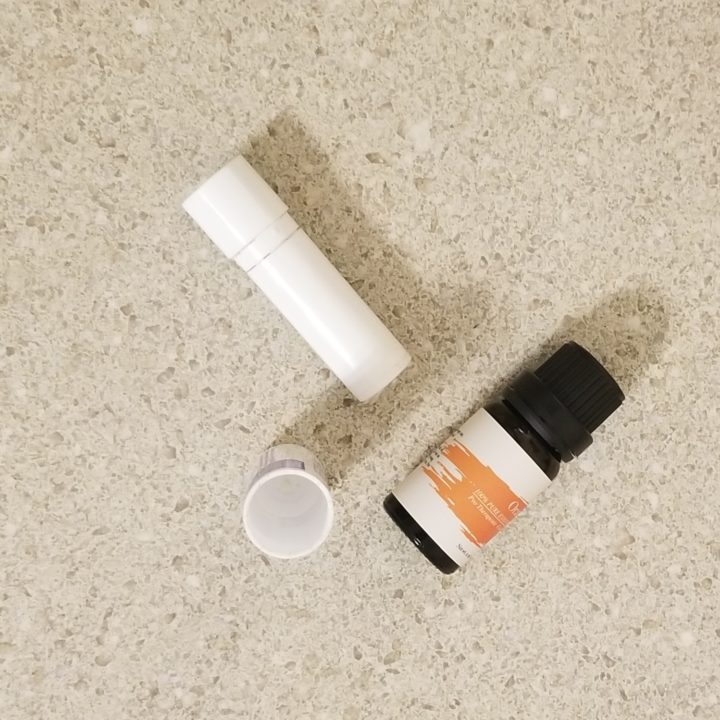Do you always wonder why some people are prone to flu, colds, and other infections? Well, it all lies in your immune system. Whereas a strong immune system keeps you off the infections (by fighting the microbes), a weak one, on the other hand, leaves you exposed to disease-causing micro-organisms.
It’s the simple reason why others may suffer severe and long-lasting cold symptoms while others only experience mild symptoms, which sometimes even go unnoticed.
However, the good news is that there are many natural ways you can pursue to strengthen your immune system for optimum efficiency.
7 Natural Ways to Boost Your Immune System
1. Feast on a healthy diet
Lots of fruits and vegetables are mandatory for a healthy lifestyle. You definitely know that. But there are also other foods and beverages you can add to your diet to help boost your immune system.
They include (let’s begin with the fruits and vegetables):
Citrus fruits
Fruits like oranges, lemons, tangerines, grapefruit, clementine, and limes. These fruits are rich in vitamin C, which helps with the manufacture of white blood cells—the key cells in fighting infections.
Broccoli
It’s a rich source of fiber, antioxidants, plus vitamins and minerals including vitamins C, A, and E; which all work together to give your body the power to ward off infections. To get the most of your broccoli, eat it raw or just steam lightly.
Spinach
Cook it lightly or eat it raw in a salad to deliver powerful doses vitamin A and the other nutrients therein. The vitamin C, antioxidants, and beta carotene contained in this veggie help boost your immune system’s ability to fight infections.
Green tea
It contains epigallocatechin, a powerful antioxidant, which helps to enhance immune function. Other herbal teas like peppermint and Echinacea are also great immune boosters.
Other foods
Some other tasty treats that boost your immune system include yogurt (Greek yogurt or simply plain yogurt), turmeric, garlic, almonds, poultry (especially turkey and chicken), and papaya.
2. Take in enough water
You may or may not believe in the 8-glasses-a day rule, but the truth of the matter is that you need to stay hydrated to enable your system to get rid of the toxins. Otherwise, the (toxin) build-up may severely slow down your immune system thus exposing you to infections.
Water also helps with the transportation of oxygen to the various body cells to ensure a properly functioning immune system.
3. Try essential oils
Essential oils contain antimicrobial compounds, which are considered vital in the fight against viruses, fungi, and bacteria.
For instance:
Lavender essential oil
Lavender essential oil helps you get a good night’s rest. Plus, it lowers stress levels. Its antioxidant properties help protect your body cells from free radicals—the unstable atoms known to damage cells thus causing illnesses. It also eases the headaches that accompany minor illnesses.
Peppermint essential oil
It exhibits antibacterial and antifungal properties, which help protect against illnesses such as fever, colds, and flu. You can also use it for headaches and digestive issues, or for the treatment of ringworms.
Oregano essential oil
It’s commonly known for its stimulating effect though can also cause a warming and irritating sensation to the skin. Therefore, exercise caution while using it and avoid its application on irritated skin.
Oregano has antiviral, antifungal, and antibacterial properties, making it highly effective at fighting infections and inflammation.
Lemon essential oil
Other than its antibacterial properties, lemon also features powerful antioxidants which help boost your immune system. Also, use it for refreshing and mood-boosting purposes, but be sure to use it in diluted form. Lemon essential oil is phototoxic and so, avoid, as much as possible, using it when under direct exposure to the sun.
Eucalyptus essential oil
This specific oil is among the few essential oils used in the treatment of respiratory diseases, and also functions as a stimulant to the brain and the immune system.
Eucalyptus is packed with antiviral and antibacterial properties, making it effective oil for warding off illnesses like the common cold, flu, and even measles.
Note: Ensure you dilute your essential oil(s) in a carrier before use if you plan to apply them directly to your skin.

Essential Oil Pocket Inhaler for Sinusitis Relief
Take relief for your sinusitis with you in your pocket or purse. It takes less than three minuts to make this pocket inhaler.
Materials
- clean lip balm tube (recycled and cleaned or purchase on Amazon)
- one cotton round
- eucalyptus essential oil
- orange essential oil
- clary sage essential oil
Tools
- scissors
Instructions
- Roll the cotton round into a tight wick and insert it into the lip balm tube. Cut it down so that no cotton sticks out. You can also fold it over, but you might find the cap difficult to place.
- Remove the cotton round and lay flat on a non-porous surface.
- Place the following essential oils on the cotton round: 10 drops of eucalyptus essential oil, 6 drops of clary sage essential oil, 6 drops of orange essential oil.
- Roll the cotton back into a wick and insert it back into the lip balm tube.
- Remove cap and enjoy direct inhalation for on the go sinus infection relief. Replenish oils as needed.
Notes
Here's why I love these essential oils for sinus infection relief:
- Eucalyptus essential oil offers fast comfort for congestion. Of course, many use it in steam vaporizers. It's classic relief.
- Clary sage essential oil calms your congestion. Plus, it contains natural antibacterial properties. Thus, if your sinusitis is bacterial in nature, it promotes healing.
- Orange essential oil boosts your mood when you're feeling under the weather. Additionally, the bright citrus fragrance brightens the "heaviness" of the eucalyptus and clary sage notes.
Recommended Products
As an Amazon Associate and member of other affiliate programs, I earn from qualifying purchases.
4. Exercise regularly
Studies show that light or moderate regular exercises (as opposed to intense exercises) can help boost your immune system—simply by promoting a faster circulation of the protective cells throughout the body, to fight and eliminate the disease-causing micro-organisms—the bacteria, viruses, and fungi.
5. Get enough rest
Adequate sleep not only lowers your chances of developing cardiovascular problems but also boosts the effectiveness of T-lymphocytes also known as T-cells.
T-cells are specialized immune cells that protect your body against intracellular pathogens such as intracellular bacteria, protozoa, and viruses. They identify and kill any virus-infected cells, and also help activate B-cells, which secrete macrophages and antibodies to destroy ingested microbes.
6. Take probiotics
Probiotics are live microorganisms and can be consumed through supplements or the various fermented foods.
They’re believed to promote the right balance of gut bacteria, help with digestive issues, and also boost your overall immune function.
7. Consider supplements
Ideally, a healthy diet should fetch you all the essential vitamins and minerals required for a strong immune system. However, for one reason or another, you may still need to take pills to up your body’s vitamin and mineral levels.
In such a case, ensure you consult with your doctor before purchasing the supplement. Most of these pills (if not all) come with side effects which may even alter the effectiveness of certain medications; that is if you’re under the medication and taking the supplements at the same time.
Some of the supplements include vitamins C, E, D, B6, B12, and zinc.
The Takeaway on Supporting Your Immune System
Your immune system is a complex system that’s tasked with ensuring that you stay healthy, and so, to ensure its optimum functioning, consider:
- Taking a balanced diet
- Exercise regularly
- Take enough water
- Spend a few minutes outside in the natural sunshine to boost your Vitamin D
- Get enough rest
- Taking antibiotics only when necessary.
- Manage stress, and if possible, avoid it.
- Avoid alcohol and smoking.
- Have a good support system in place. This is especially crucial if you’re on immunosuppressive therapy such as those involving cancer and transplant cases.
Want to continue to receive gardening tips and herbal remedies from DIY Home & Garden? Please be sure to opt-in for our updates!


